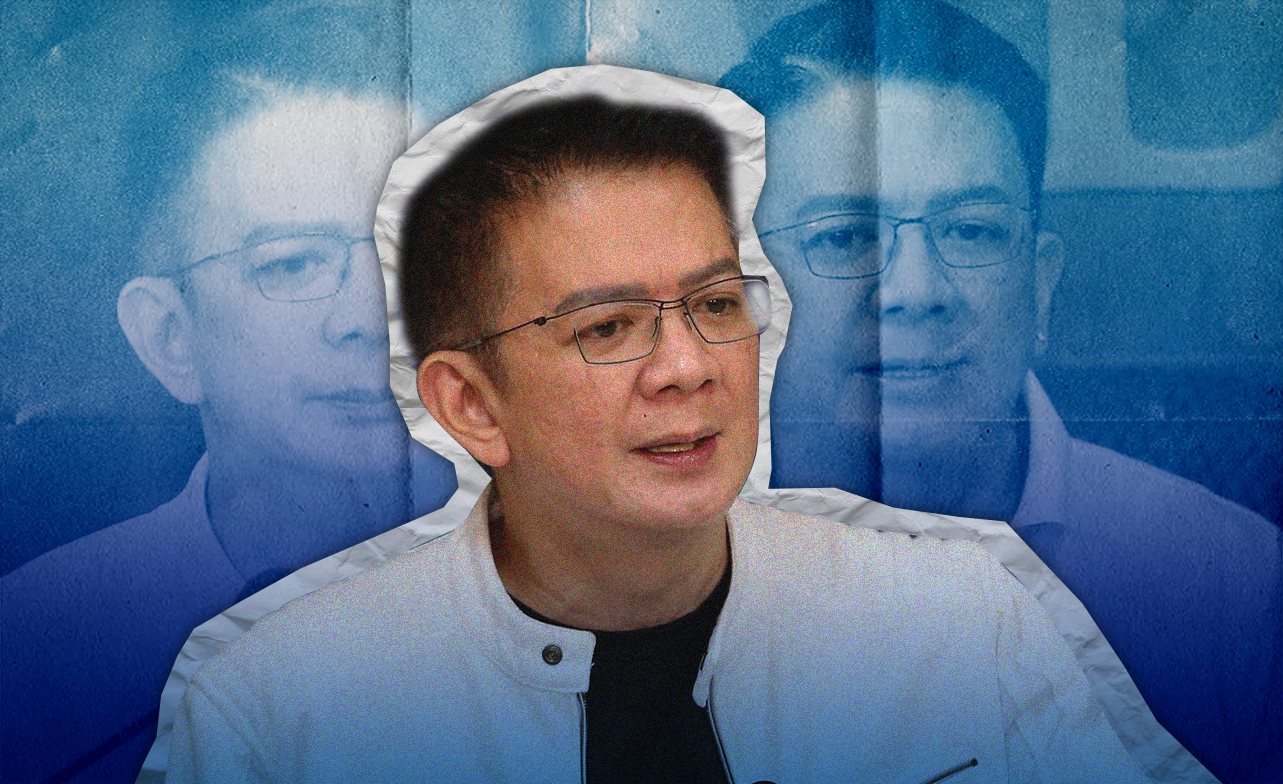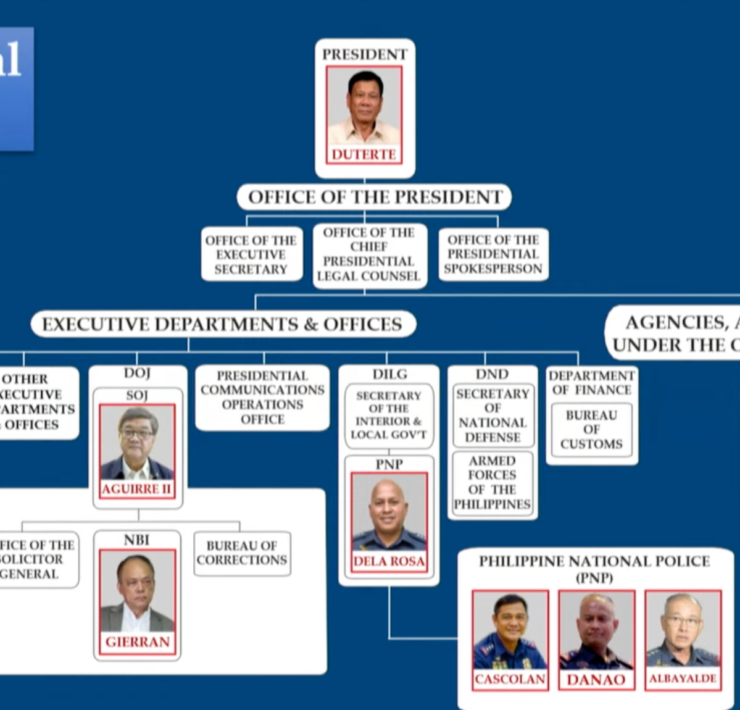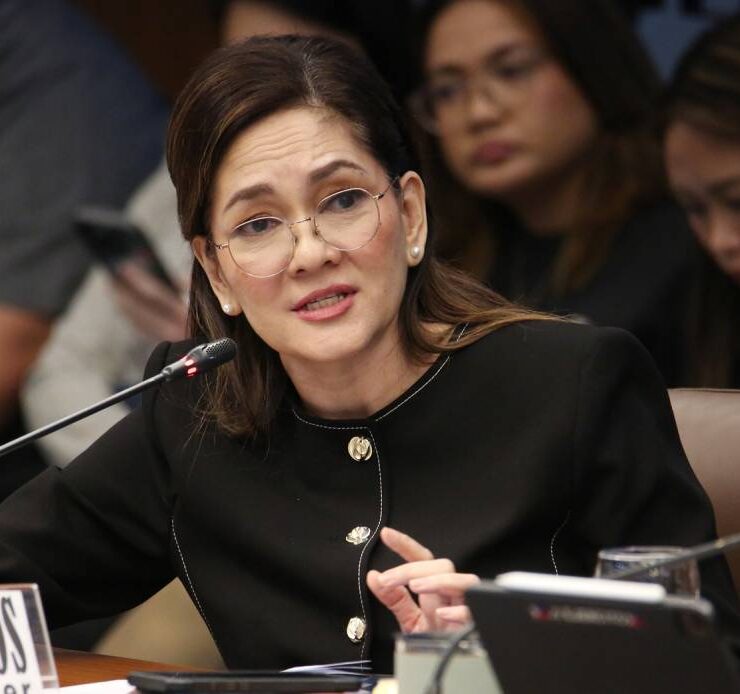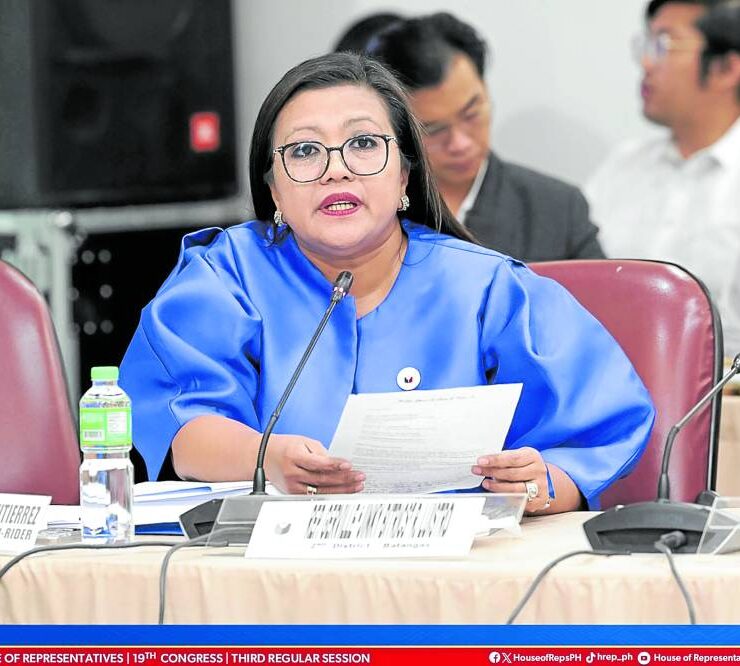Spokesmen’s barbs fill lull in Sara impeach trial

With the impeachment trial of Vice President Sara Duterte at an impasse, the House of Representatives has appointed its own spokesperson on the matter, in a move that matched the Senate’s designation of an impeachment court mouthpiece last week.
The House gave the new assignment to Antonio Audie Bucoy, a veteran human rights lawyer whose resumé included learning from legal luminaries like Jose Lorenzo Tañada, Joker Arroyo and Jose W. Diokno.
On his first day on the job, Bucoy wasted no time telling the Senate that its recent move remanding the articles of impeachment back to the House would have been shameful to his mentors, who were prominent figures in the civil rights advocacy especially during the Marcos dictatorship.
“They (Tañada, Arroyo and Diokno) would have been ashamed of how the current Senate is acting,” he said in a press conference on Tuesday. “I’m calling a spade a spade: Their Senate simply had a very different composition and they elicited respect and were no-nonsense leaders.”
First target: Chiz
Bucoy, 66, took issue with the statements of Senate President Francis “Chiz” Escudero for insinuating that the Senate as an impeachment court had no limits on what actions it could take or motions it could pursue.
“They do have limitations: the Constitution and their own impeachment rules,” he said. “Just because impeachment is a sui generis proceeding doesn’t mean you can do whatever you want.”
“Hindi puwedeng bardagulan ito (It can’t just be a free-for-all). They can’t just do whatever they want,” he pointed out.
He also lambasted Sen. Ronald dela Rosa for initiating a motion to summarily dismiss the impeachment complaint endorsed by 215 lawmakers without holding a trial first.
Dela Rosa was already “acting like the legal counsel” for the Vice President, he said.
“Judges do not make motions on behalf of the parties. And the Constitution is very clear that the Senate’s power is to try and decide the case… it did not say ‘hear and decide,’ which would have broader implications, as the word ‘hear’ means to ascertain whether the articles of impeachment are worth pursuing,” Bucoy said.
He also called out Dela Rosa for amplifying a video on social media purportedly showing students speaking against Duterte’s impeachment. When it was revealed that the video was created artificial intelligence (AI), the senator-judge stood by what he did, saying he was “after the message, not the messenger.”
“The message doesn’t matter,” Bucoy said in retort. “If the source is fake, how can you rely on the message? If the source is polluted, then the message is polluted. It’s pure propaganda and only emphasizes the bias.”
Source of delay
Meanwhile, the Senate impeachment court spokesperson, lawyer Reginald Tongol, also had his turn on Tuesday to fire shots at the House, accusing it of delaying the trial.
In an interview on dzMM, Tongol said the House’s refusal to accept the document indicating the formal entry of Duterte’s lawyers may hamper the proceedings.
For a court filing to be accepted by the impeachment court, it must first be ensured that the other party—in this case, the House—has received a copy, he said.
“That notation is very significant because the prosecution might say that they were not given a copy. So they need to note when they are filing the pleading that there was a refusal of receipt, and just hand over the copy to the person they found there so that the impeachment court can receive what was filed,” he added.
He also rejected accusations that the impeachment court had been slow in handling the complaint against Duterte.
On the contrary, he maintained that significant procedural steps were completed by the court within just a week of convening.
The court, he said, adopted its rules, ordered the House of Representatives to respond to jurisdictional issues, issued summons to the Vice President, and accepted the formal entry of her legal team.
“Claims of foot-dragging are baseless, as actions speak louder than words,” Tongol said. “Any litigator worth his salt would know how easy and fast it is to file motions… yet has anyone asked why, seven days after the court convened, none of these so-called filings have actually been made?”
The delays, if any, stem from the parties involved, not the Senate, he said. “If even minor filings are taking this long, what more when it comes to more substantial motions?”
Seasoned litigator
Bucoy is a 1984 graduate of the University of the Philippines College of Law and currently a managing partner at Bucoy Poblador and Associates.
He is also a longtime member of the Free Legal Assistance Group (FLAG) and the Movement of Attorneys for Brotherhood, Integrity, and Nationalism, Inc. (Mabini).
Bucoy, a professor in corporate and remedial law who also has more than 41 years of litigation experience, said he accepted the House job “without pay” as a public service.
He said the House prosecution team would soon submit a pleading to the impeachment court, including the House resolution approved last week certifying its compliance with the constitutional provisions in impeaching Duterte in February.
The “clarificatory” pleading includes an assurance that the incoming 20th Congress would pursue the complaint, he said.
Bucoy pointed out, however, that there was already a broad legal consensus that the next Congress would do so based on the “continuing body” principle that also governs the Senate. —WITH A REPORT FROM MARY JOY SALCEDO, INQUIRER.NET





















